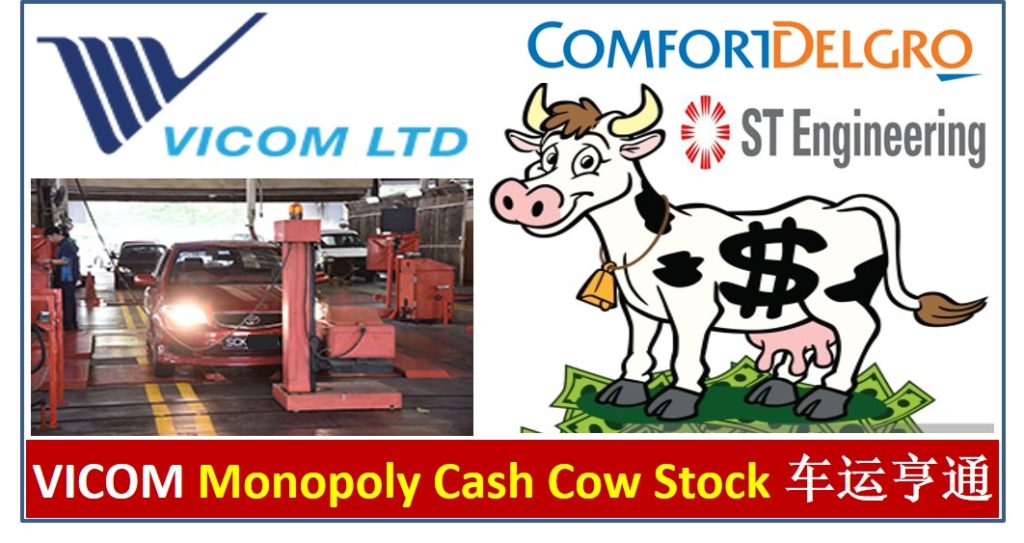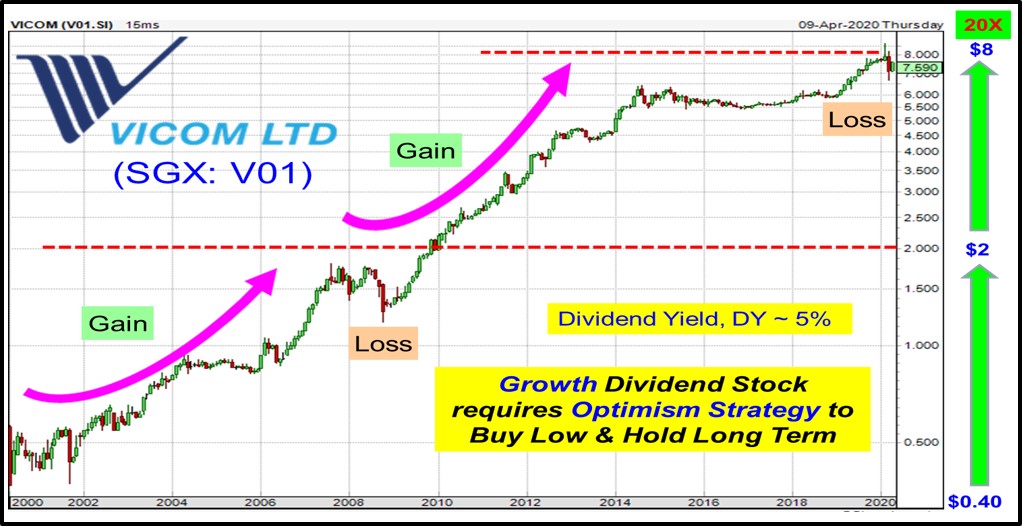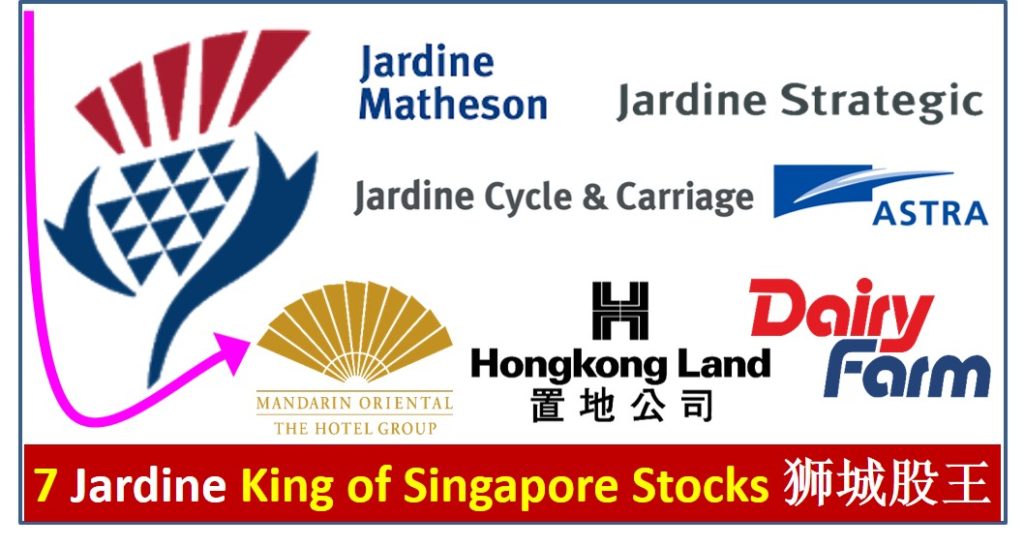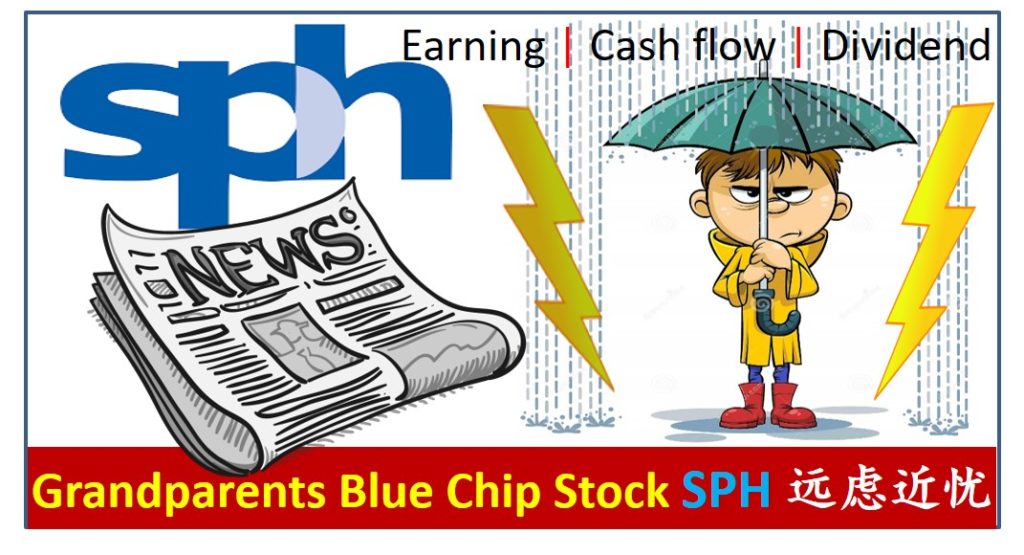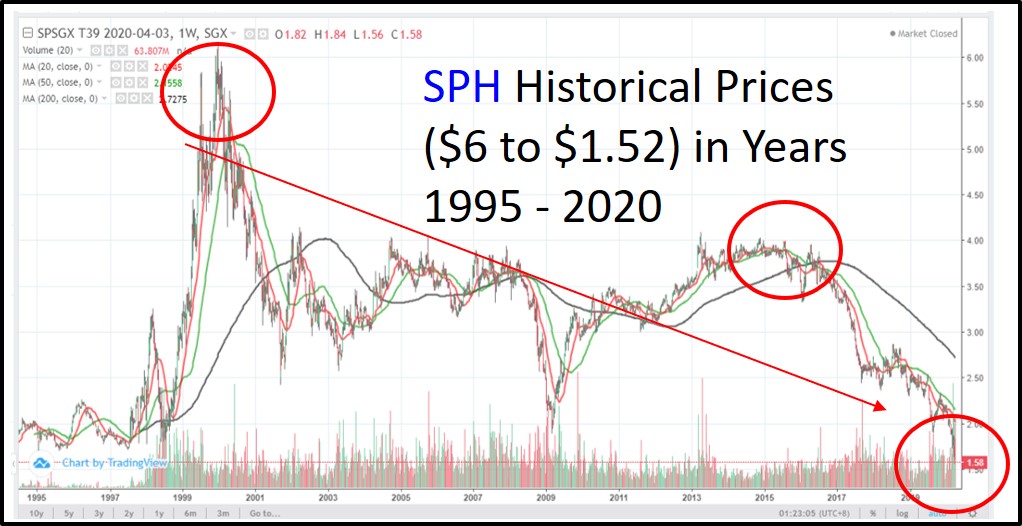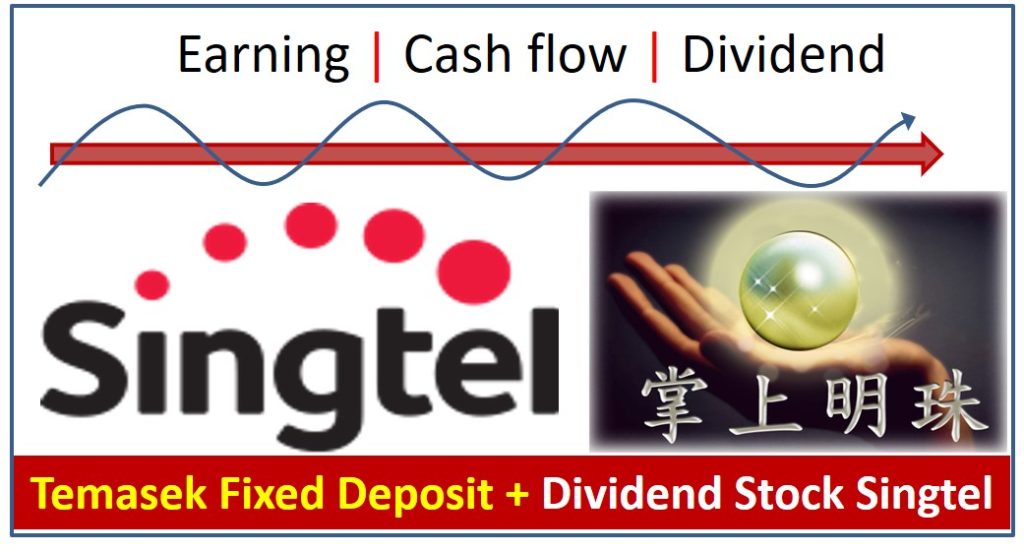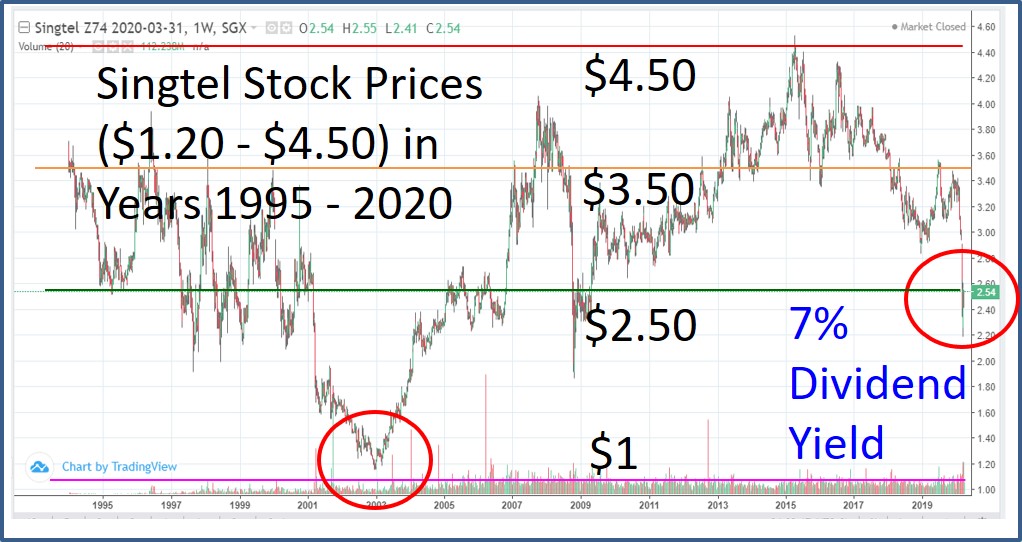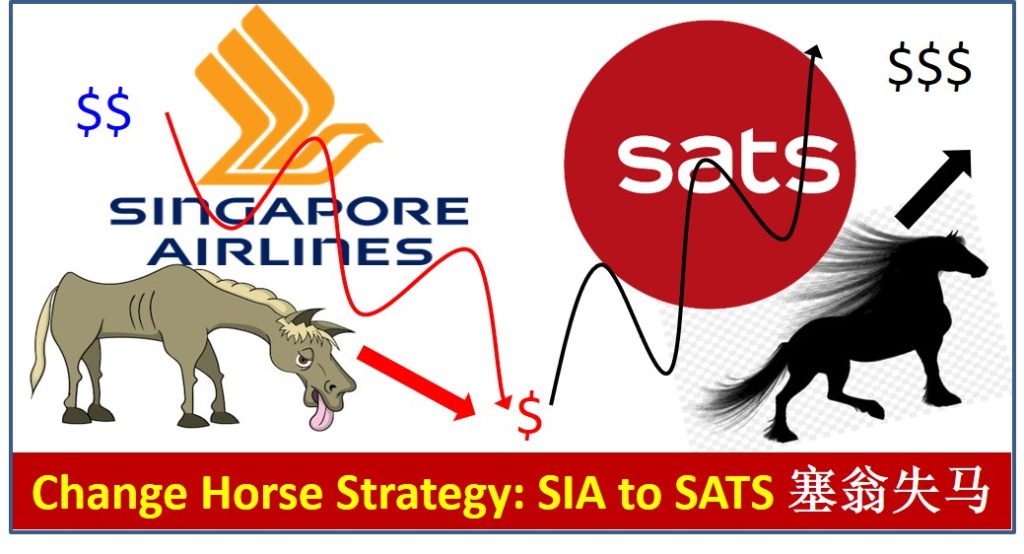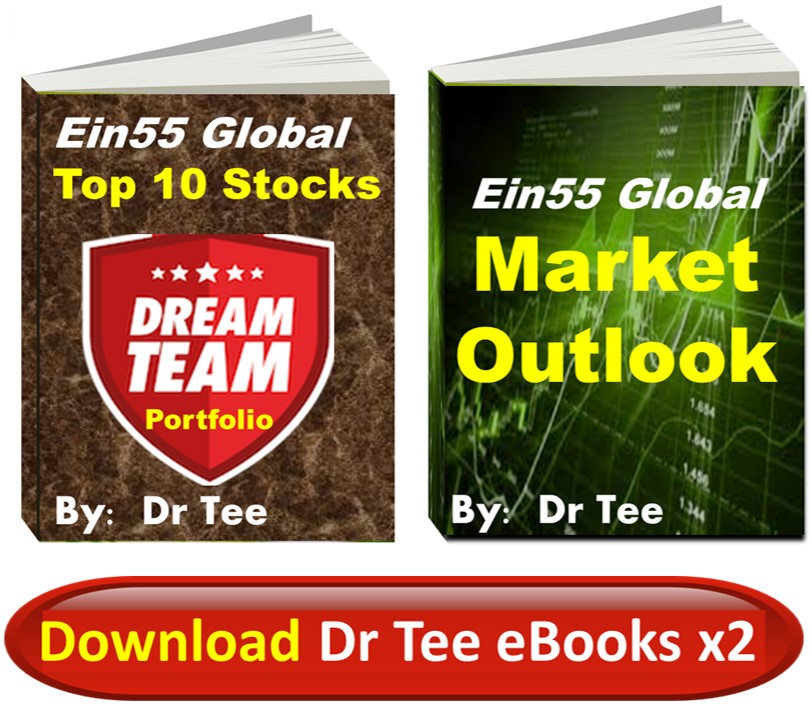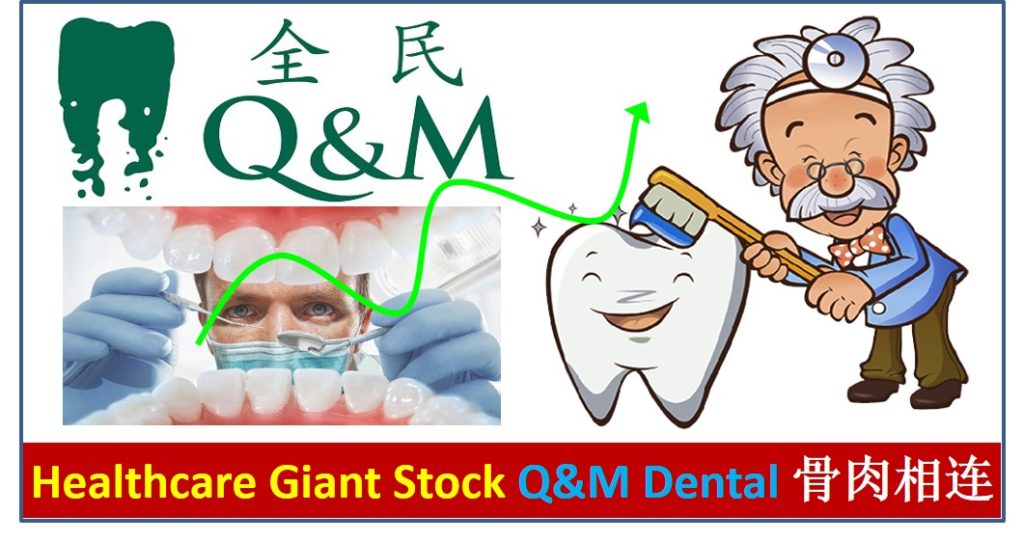
Healthcare stocks (eg. hospital business, pharmaceutical companies, vaccine development, etc.) are having competitive advantages, therefore those with growing businesses are usually growth giant stocks. Between life and money, which is more important? The choice is clear (金钱诚可贵、生命价更高) to put life at a higher priority, therefore healthcare has been a high growth sector in most countries.
Q&M Dental (SGX: QC7) is a young healthcare giant stock with focus in dental services. The company started business in year 1996, having main businesses in Singapore (79 branches), Malaysia and China. For China, due to stronger competition and higher cost, subsidiary stock, Aoxin Q&M (SGX: 1D4) with poorer business there, is not a giant stock, not performing as good as parent stock, Q&M Dental.
Q&M Dental has so many branches all over Singapore in many convenient central locations, despite it is not a monopoly business, this ease of access has become a strong economic moat. It is hard for neighborhood experienced dentists to compete with this rising star which has sophisticated facilities (eg. x-ray, etc) and better customer services.
There was one day last year, Dr Tee tooth was not feeling well, since my teeth has been in good condition for many years, I need to go around to look for a suitable dental service. Q&M may not be best in dental skills (some are younger dentists with only a few years of experience), so I try to book for appointment with more senior dentist with over 10 years of experience (similar to selecting a stock with long history of business performance). Despite there are 3 Q&M branches within 1km radius from Dr Tee place, I was surprised that I could not get an immediate service as appointments are required and all full until the next day. To cut the story short, a dental checkup with clean was over $100 (normal rates, Q&M has help the dental industry by setting some minimal standard fee), finally become a more serious issue which needs root canal operation and crowning, spending over $2000 as I engaged the most senior specialist for a more reliable service (not life and death issue but a good tooth could last lifetime is crucial when observing my own parents).
For certain non-urgent health issues, it is possible for some people to drag or ignore it to save cost. However, when there is sudden tooth pain (骨肉相连), even within Coronavirus pandemic, there is no choice but to visit a dentist ASAP. Therefore, dental industry is a consistent growing business and price is non-negotiable (demand more than supply). There are shortages of dentists in Singapore. There are about 2000+ dentists in Singapore, over 10% are from Q&M. To overcome this issue, Q&M has even started own College of Dentistry to train future dentists for own companies (perhaps cost could be lower). I observed my own dentist has to be multi-tasking, attending to 2 patience in 2 rooms within the same hour (while another patience is waiting, eg taking mold for crown, etc).
A few months ago, when Dr Tee students were reviewing Q&M stock, the prices were at lower optimism level, especially during the Coronavirus pandemic period with global stock crisis. Q&M has growing business, profitable with strong cash flow. This year, it will give special dividend (ex-dividend in May 2020), an investor could get about 5.5% dividend yield (usually about 2% dividend yield). Q&M share price is undervalue considering the growing business for decade but share prices have been declining over the past 5 years, dropping more than half to 36 cents, last 6 years low.
Recently, share prices of Q&M surged suddenly by 2 times to about 70 cents, mainly because of a news that Q&M has acquired a company with COVID19 testing capability. Similar to another healthcare stock, Biolidics (SGX: 8YY), share prices also shoot up by a few times which are purely speculative trading. Biolidics is not a giant stock but investors assume it would become a giant, benefiting from Coronavirus crisis. Question is, after the health crisis is over, can the company continue to sustain a few times of business growth to support the share prices? Therefore, after senses are back, share prices of both Q&M and Biolidics are corrected to more normal high prices to reflect the positive hopes.
In fact, Q&M has strong business fundamental in dental services, does not need this speculative news at all. It is good that few people aware of this stock. Unfortunately, the share prices go up too fast, hope readers have chance to buying at lower optimism before that when prices were below 40 cents.
Some people may not care about stock investing but they do worry of rising healthcare and dental cost as human body and teeth are similar to a car, there could be “wear and tear”, need repair and maintenance each year to stay in top condition. Dental cost could be minimal, still over $100 for regular check-up, also could be over a few thousand dollars if getting complicated (eg. tooth implant). A mechanics could ensure a car is fully repaired before charging the fee. However, a dentist or medical doctor could not guarantee a service will have positive results but patients still need to take the risk and pay for full services.
Let Dr Tee show readers a way to get free dental or even medical services for lifetime. It is simple, just look for giant dental or healthcare stocks (eg. hospital related), buying their shares at lower optimism prices. Even healthcare stocks usually don’t give a lot of dividend, for $10000 capital, minimal 2-3% dividend yield could pay $200-$300 for regular dental check-up of a small family. Healthcare stocks usually are positioned more as midfielder, minimal dividend with higher growth for capital gains (eg. over 10% appreciation in yearly share prices, could be $1000, could help to pay for minor surgery cost).
Q&M Dental is still a young giant stock, performance is not as steady as other proven global healthcare giant stocks. So, a smart investor may leverage on high healthcare costs overseas, investing in those giant stocks to profit from rising healthcare industry.
There are 37 Healthcare Stocks in Singapore including Q&M Dental (investor has to focus only on giant stocks for investing):
Accrelist Ltd (SGX: QZG), Alliance Healthcare (SGX: MIJ), Aoxin Q & M Dental (SGX: 1D4), Asia Vets Holdings (SGX: 5RE), AsiaMedic (SGX: 505), Asian Healthcare Specialists (SGX: 1J3), Beverly JCG (SGX: VFP), Biolidics (SGX: 8YY), Cordlife (SGX: P8A), First Reit (SGX: AW9U), Haw Par Corporation (SGX: H02), HC Surgical Specialists (SGX: 1B1), Healthway Medical Corporation (SGX: 5NG), Hyphens Pharma International (SGX: 1J5), IHH Healthcare (SGX: Q0F), ISEC Healthcare (SGX: 40T), IX Biopharma (SGX: 42C), Lonza Group (SGX: O6Z), Medinex (SGX: OTX), Medtecs International Corporation (SGX: 546), OUE Lippo Healthcare (SGX: 5WA), ParkwayLife Reit (SGX: C2PU), Pharmesis International (SGX: BFK), Q&M Dental Group (SGX: QC7), QT Vascular (SGX: 5I0), Raffles Medical Group (SGX: BSL), RHT Health Trust (SGX: RF1U), Riverstone Holdings (SGX: AP4), SingMedical Group (SGX: 5OT), Suntar Eco-City (SGX: BKZ), TalkMed (SGX: 5G3), Thomson Medical Group (SGX: A50), Tianjin Zhong Xin Pharmaceutical Group (SGX: T14), Top Glove Corporation (SGX: BVA), Trendlines Group (SGX: 42T), UG Healthcare Corporation (SGX: 41A), Vicplas International (SGX: 569).
==================================
Drop by Dr Tee free 4hr investment course to learn how to position in global giant stocks of growing sectors with 3 value investing strategies (undervalue, growth, dividend stocks), knowing What to Buy, When to Buy/Sell.
Learn further from Dr Tee valuable 7hr Online Course, both English (How to Discover Giant Stocks) and Chinese (价值投资法: 探测强巨股) options, specially for learners who prefer to master stock investment strategies of over 100 global giant stocks at the comfort of home.
You are invited to join Dr Tee private investment forum (educational platform, no commercial is allowed) to learn more investment knowledge, interacting with over 9000 members.

